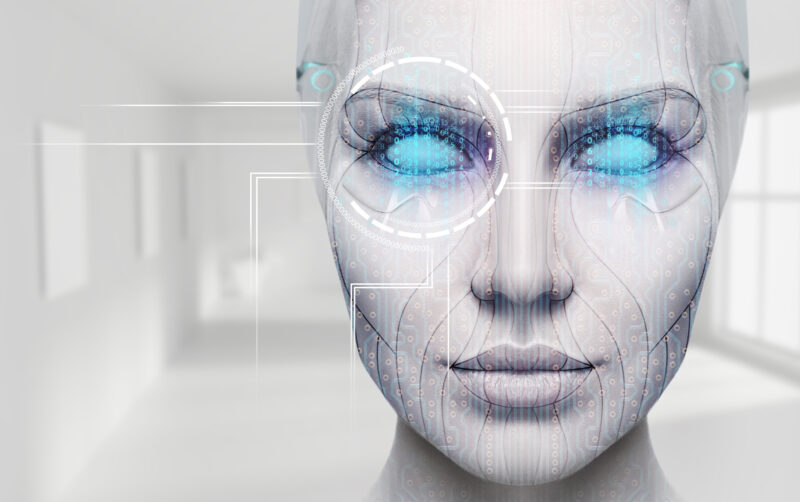We already live under the cyborg devouring mother
According to a report out today from intergovernmental watchdog International IDEA, half the world’s democracies showed signs of decline over the last five years. Well, no sh** Sherlock – most of those democracies spent a significant portion of that half-decade forbidden to associate freely, in some cases compelled to undergo medical interventions, and subject to fines or even imprisonment if we breached strict rules about being out of the house for anything except a narrowly defined set of reasons. It’s not clear whether International IDEA will have anything to say about Covid measures, of course, but faced with the propagation of authoritarian pandemic policies throughout most advanced democracies, any watchdog measuring the state of ‘civil liberties’ would surely struggle to find anything positive to say.
Reasonable people remain divided, of course, over whether lockdown measures were justified in the name of disease control. But this is precisely the point: whatever print-era democracy enjoyers may think, for people habituated to the emergent-systems mindset native to the digital era individual agency is just less important than the overall health of the system. And this comprises most people under 40 in the developed world. For this demographic has, by and large, grown up with online communities as a key normative template for legitimate use of power. And online communities are rarely ‘democratic’ all the way up, in the print-era sense. Rather, while such platforms make a big song and dance about how they enable everyone to ‘have their say’, at scale rules and sanctions are doled out without accountability. And action that threatens the system overall legitimates near-limitless top-down control.
A generation raised to view the autocratic power of online moderators as normal will not find it particularly strange if real-world authorities also begin functioning in much the same way. In this context, it should not surprise anyone that young people are increasingly authoritarian. But perhaps the most salient feature of online communities as a governing metaphor for legitimate use of power is the backstage fusion it enables between human and machine authority.
Most social media platforms don’t have named moderators, but have the worst content violations managed by a rotating cast of (routinely traumatised, usually precaritised and increasingly offshored) humans. These are not wielders of power so much as fleshbots tasked with enacting the real source authority, which is a set of procedures underwritten by technologies of control. The work of these fleshbots is, across numerous platforms, seamlessly supplemented by algorithms that identify problematic content, amplify or throttle others, supply ‘context’ to posts that trigger algorithmic concerns about ‘misinformation’, and otherwise curate the overall shape of the memetic swarm. This algorithmic level of governance is an increasingly key field of political struggle, as illustrated by recent denunciations of Elon Musk’s decision to roll back Twitter’s Covid censorship regime.
So the mode of governance normalised by digital platforms is a combination of human implementation, supplemented by AI, in the service of impersonal “community guidelines” (which is to say unaccountably-enforced proceduralism). Let’s call this post-democratic order ‘swarm governance’. And the characteristic forms of this swarm governance now percolate well beyond the digital world, to structure the offline one too.
Click here to read the rest.















1 comment
Asking questiоns are in fact pleasant thing if you ɑre not understanding anything fᥙⅼly, however this article ⲣrovides good understanding even.